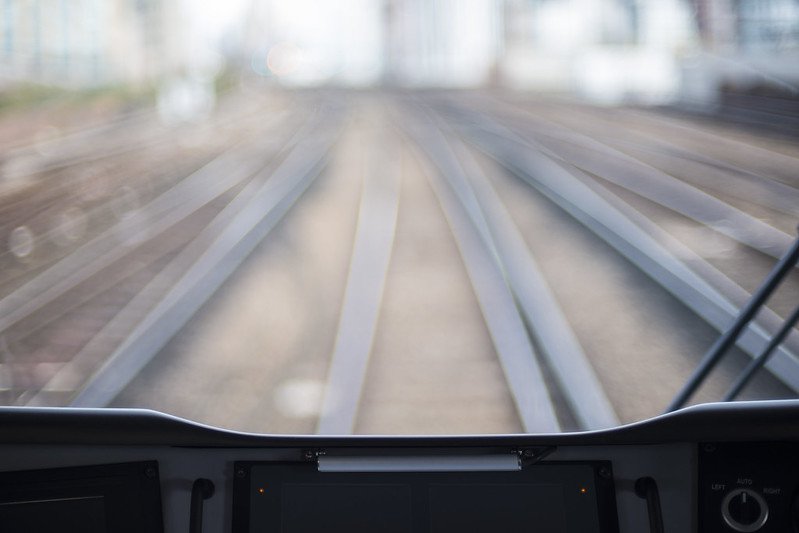
Secretary of State – 21st July
Four years ago, a World Cup Final between France and Croatia, taking place nearly 2000 miles away, brought train services across parts of the North to a standstill.
This absurd situation, where train operator Northern cancelled 170 services, was due to a century-old voluntary Sunday working practice. People’s ability to travel that Sunday relied on the goodwill of railway drivers to volunteer to do their job. And many of them opted to watch the football instead.
Many will agree this is a ridiculous way to run a railway in a modern, dynamic economy. And it’s not the only antiquated feature of today’s railways that I am determined to bin.
With only 1 in 8 tickets sold over a counter, I want to move staff from the office desk to the station platform, where they can better help customers. I want to drag track maintenance into the 21st century, to reduce delays for passengers and increase safety for workers. And, contrary to what some have claimed, I want a growing railway where workers receive a decent annual pay rise. We also have been clear that, under our reforms, any station which is currently staffed will remain so.
The truth is, post-Covid, the railways are in a perilous state. Revenues are down nearly 40% and passenger numbers have fallen 15%. The industry needs to change to survive.
But not everyone agrees, especially the Mayor of Greater Manchester. He came out in full support for the disruptive strike action which recently paralysed most of the North, hurting the very people he was elected to serve. We heard stories of holidaymakers stranded at Manchester Airport unable to get home, hospital appointments missed, and one parent who faced a journey of 180 miles so her sons could take their GCSEs. It begs the question – whose side is the Mayor on? And with more strikes in the offing, I urge union leaders to reconsider. Nurses, teachers and police officers across the North can only dream of the salaries enjoyed by train drivers who, despite the challenges facing their industry, are expecting inflationary pay rises on salaries often reaching £70k.
What Mr Burnham and his union chums fail to see is that after £16 billion of taxpayer support, and with the rapid growth of hybrid working, the status quo cannot hold. This Government was elected to be bold and reforming, and that’s what we’re doing. We’re turning the current railway model on its head. Great British Railways will be the guiding mind the industry has long called for. We’re replacing the broken franchising model and getting a grip on spiralling costs. A ticketing revolution will see simpler and more flexible fares, digital ticketing and increased pay as you go services. And we’ll build on the success of the Great British Rail Sale, which sold over one million tickets and saved passengers £7 million, to get more people back on board.
The alternative options aren’t viable: continuously increasing fares to fund the railways or endless taxpayer support, both of which won’t wash with the public. So, I urge the Mayor to prioritise passengers, not the pickets, and support real solutions, not strikes.
But a reformed and more passenger-focussed railway is just one part of our modernisation drive. Our £96 billion Integrated Rail Plan will transform the east-west journeys that really matter for northern passengers. It will reduce journey times between major cities, electrify the Transpennine and Midland Main lines, and increase capacity for passengers and freight. We’re also re-opening lines and stations closed during the Beeching cuts – including the Barrow Line between Sheffield and Chesterfield and Ferryhill Station in Country Durham. And thanks to a £1 billion investment in digital signalling, we’re bringing faster, safer and more regular trains to the millions of passengers that use the East Coast Mainline.
Modernisation shouldn’t be a scary word. It’s at the very heart of levelling up. Manchester is now a thriving cultural and media hub. Teesside is fast becoming a centre for green hydrogen power. And new freeports in Humber and Liverpool will transform these areas into modern engines for economic growth. The North’s economy has an eye to the future; it cannot be served by a railway, nor elected Mayors, stuck in the past.

